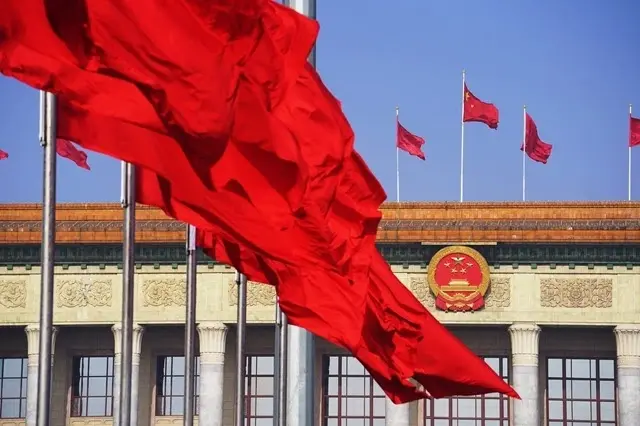- cross-posted to:
- finance
A huge problem with China’s economic model over the past two decades has been the fact that it has been a debt-based finance model massively concentrated on real estate speculation beyond what the economy can digest.
The problem is that real estate, especially apartments in China, for more than two decades, appeared to be a guaranteed money maker for owners as well as builders and banks and above all, local government officials. Prices rose annually in the double digits, sometimes by 20%. Millions of middle-class Chinese bought not just one, but two or more apartments, using the second as investment for future retirement.
China’s land is owned by the Communist Party, at the local level. It is leased long-term to construction firms who then borrow to build. For CP local government officials, revenue from local real estate land leasing and their infrastructure projects is their major revenue source.

Indeed, it could be. Article is also correct that in terms of real practical activity Chinese economy is larger than that of US (has been for some years if you use PPP), but even metal and concrete can form a bubble, if construction is not really needed.
Sri-Lanka, and other countries with large debts to China, have obvious reasons to be concerned. We should remember the sequence of events in 1929, first the internal US stock bubble burst, then US pulled in it’s loans to the rest of the world, which led to collapse in demand and employment all around the world, and eventually to the rise of nationalist war machines. On the other hand, events of 1930s were not inevitable, leaders and economists at the time made stupid mistakes, can we learn ?
The US has learned, to an extent, if they occasionally overreact. Hoover was a stauch fiscal conservative and, when money got tight, he went with austerity because he feared debt as an evil. We’ve discovered that government must, instead, grease the wheels of commerce before the grind to a halt, offering a path for liquidity when all other markets dry up. The danger, as we’ve seen in the past two downturns, is that politicians (and corporations) become fat and over-reliant on the outsized returns after the actual crisis is over and end up throwing gasoline on burning fire, over extending, and crashing into a new crisis. The soft landing following the Covid stimulus is quite the tightrope feat and I suspect if we’d had 4 more years of trump we’d have seen a peak and crash already rather than the trough and taper.
What we haven’t figured out is how to pay back all this stimulus because politicians are too afraid to scrape the cream off of corporations to pay for the time that we bailed their asses out.

